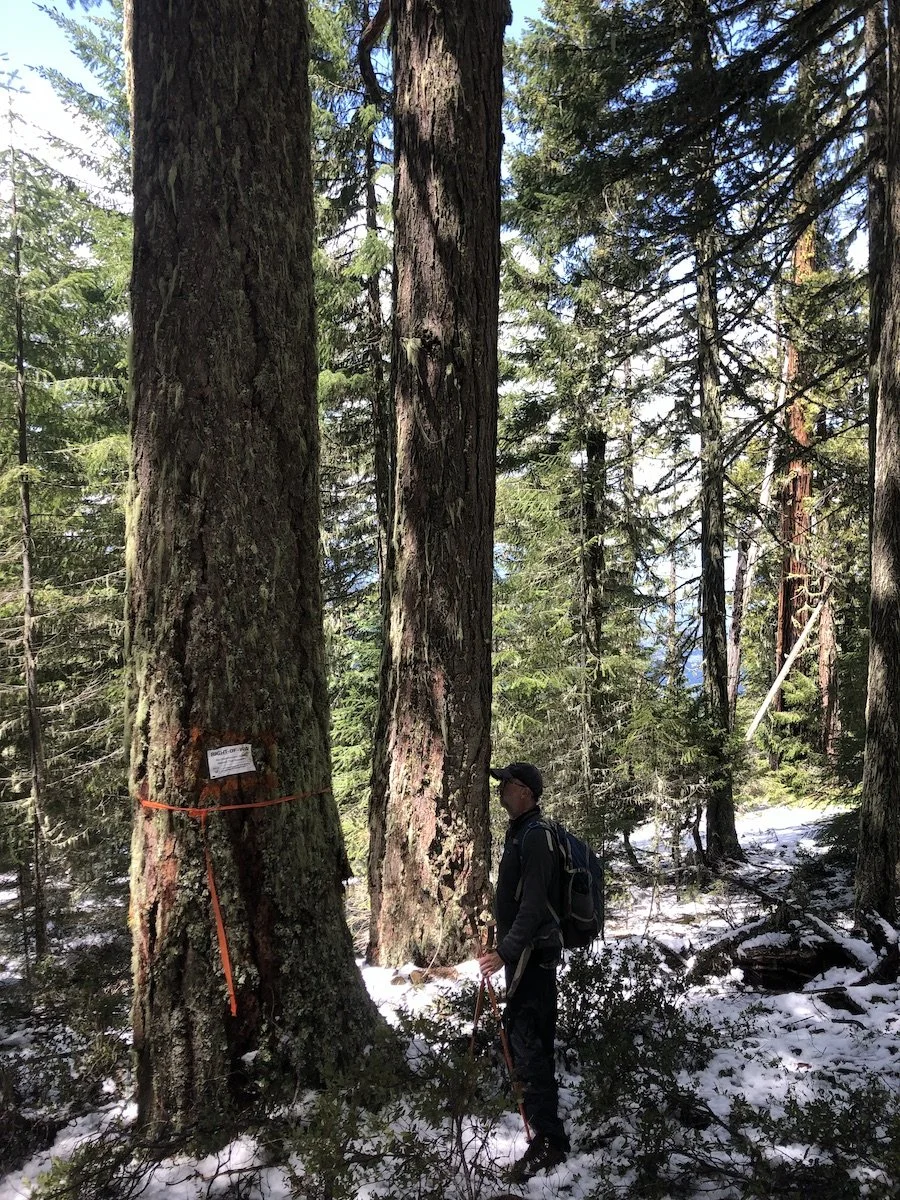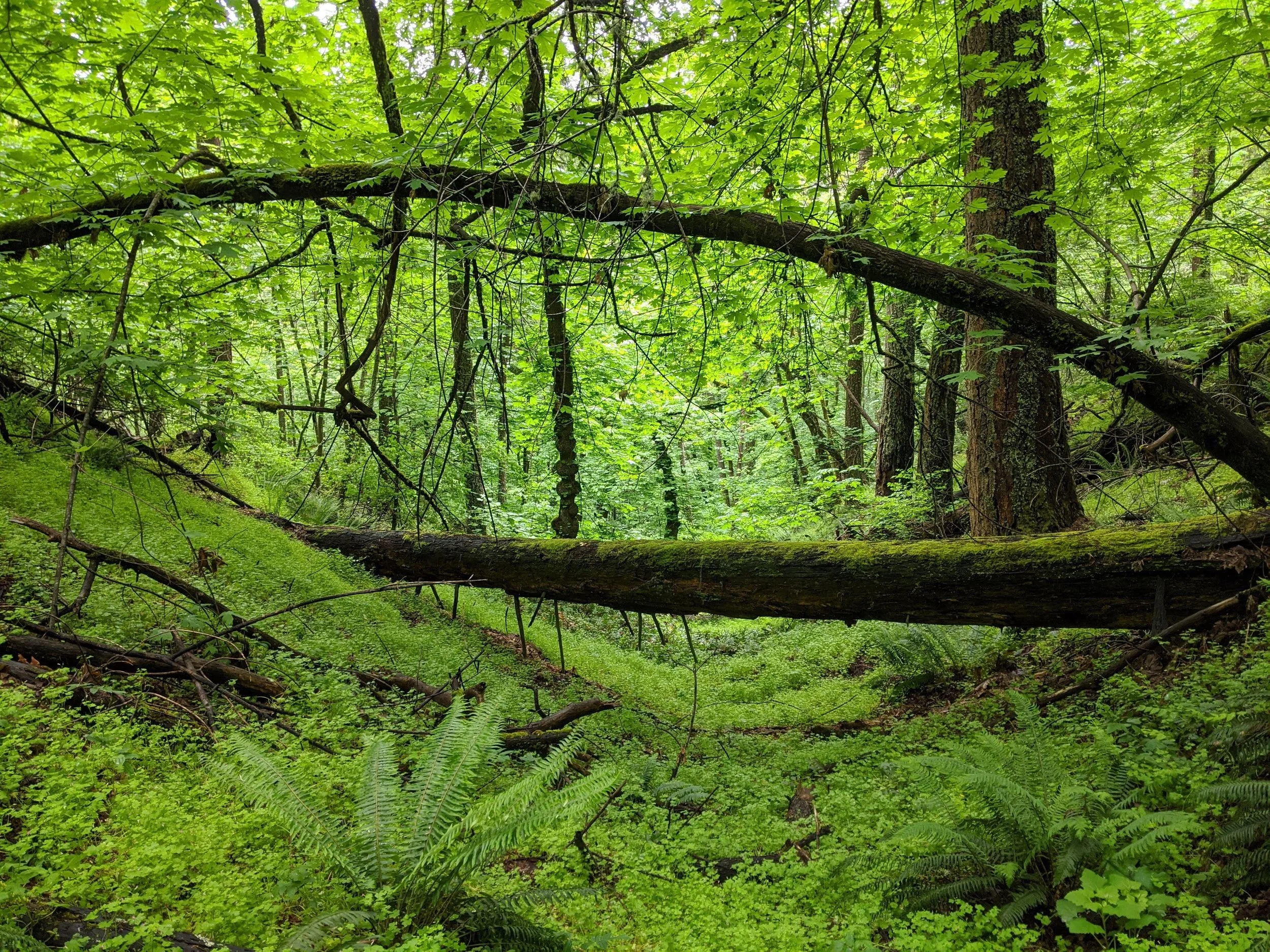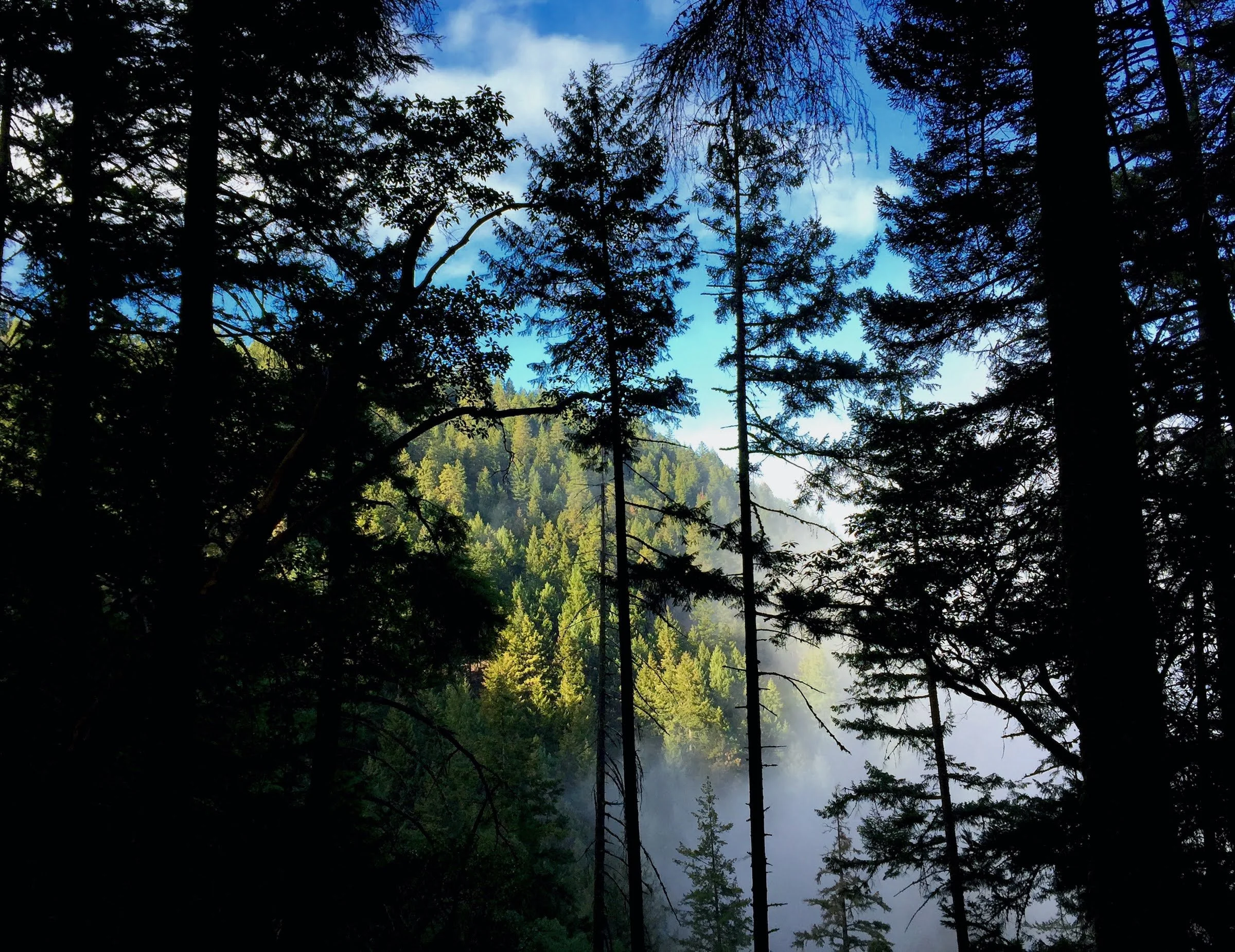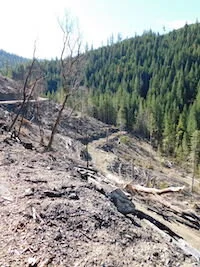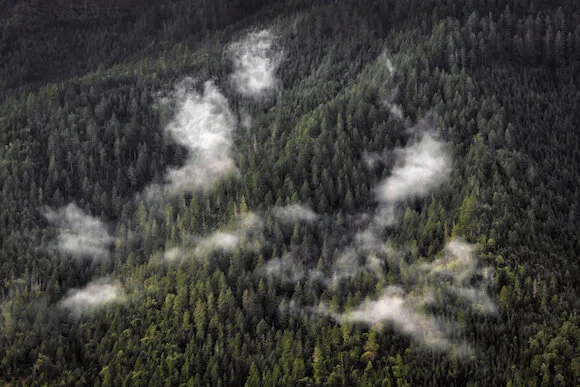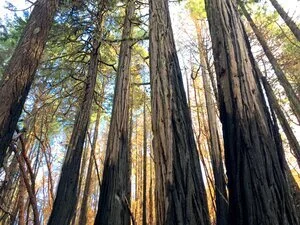The Illinois Valley and the Wild Rivers Ranger District are at the very heart of KS Wild’s mission to protect wildlands, wildlife and watersheds. From botany to mining to logging, read about KS Wild’s recent conservation efforts in the Illinois Valley.
Read MoreThe Forest Service is currently in the beginning phases of updating the Northwest Forest Plan, the first large-scale, bioregional forest plan incorporating conservation biology. We will be working with partners to ensure an updated plan reflects the current issues our forests face in the era of climate change. Read our Climate Program’s latest blog post about these critically important NFP updates.
Read MoreThe Bear Grub timber sale is back, and rather than working with the public to reduce the impacts of the proposed "group selection" logging on wildlife, watersheds and wildlands, the BLM is once again targeting ancient forests in the "harvest land base" for "group selection. Take action today to let the BLM know you oppose the Bear Grub timber sale!
Read MoreWhat is groundtruthing? How does it make a difference in the federal agencies’ logging plans? How can you get involved to ensure proper land management of your public lands? Read on to find out!
Read MoreThis October, KS Wild hosted our first ever Forest Defender Training Series to help community members learn how to advocate for our forests and take action to protect them through writing letters, LTEs, taking action on social media, and more.
Read MoreAlmost six years ago the timber industry challenged President Obama’s expansion of the Cascade-Siskiyou National Monument. The legality of that expansion is in the midst of litigation right now. Read the blog to get the full scoop.
Read MoreWe have recapped the 2022 wildfire’s in the Klamath-Siskiyou region. Please see the bottom of this blog for ways in which you can contribute to the relief efforts for those people and communities most impacted.
Read MorePrescribed fire can have many benefits. It can reduce fine fuels, brush and small trees and reduce subsequent fire severity. It can help forests become more resilient in the face of climate change. Read more about prescribed fire policy at this KS Wild Blog Post .
Read MoreOld-growth forests are dominated by ancient trees and have been shaped by natural processes over the course of hundreds of years. There are several types of old-growth forests throughout the Pacific Northwest marked by dynamic ecosystems supporting biodiversity that relies on the unique environment created only in these ancient forests. Learn more about what features make an old-growth forest.
Read MoreKS Wild and our allies recently challenged the BLM’s (now withdrawn) Lost Antelope timber sale. This timber sale would have contributed to increased fire hazard near or within the WUI through regeneration harvest in an area where many untreated slash piles remain from a previous timber sale.
Read MoreThe US Forest Service recently announced a 10-year, multibillion-dollar plan to reduce wildfire risk on up to 50 million acres that border vulnerable communities throughout the country. Read KS Wild’s summary of the plan and how it will impact our work and our region.
Read More"Integrated Vegetation Management for Resilient Lands" (IVM) sure sounds great doesn't it? Unfortunately, those flowery words are agency-speak for logging old-growth forest reserves down to 30% canopy cover and creating four-acre mini-clearcuts across the landscape in southwestern Oregon.
Read MoreAfter nearly a year of negotiations, an agreement over new rules for the Oregon Forest Practices Act has been reached between timber and environmental groups to overhaul management of 10 million acres of private forestlands in Oregon. These changes will update Oregon's forest practice laws and provide significant new protections for our imperiled salmon, recreational and commercial fisheries, and for the communities that rely on these resources.
Read MoreAs part of a team working on a state-wide effort to update Oregon forest practices through a historic agreement with the timber industry, KS Wild and Rogue Riverkeeper are working to fight clearcut logging that leaves behind flammable logging slash, causes sediment that fills salmon streams, and minimizes forest carbon storage that contributes to climate change.
Read MoreThe State of Oregon needs to outline steps to reduce climate change pollution and promote carbon storage in forests. We are asking that the Oregon Global Warming Commission step in and work with ODF to craft realistic solutions to climate change. ODF and the Commission need to begin a science-based process to reform Oregon's forest practices to store more carbon, protect water quality, and prevent pollution.
Read MoreThe U.S. Forest Service is beginning an update of the 1994 Northwest Forest Plan that will lead to new forest plans for our region. These new forest plans will significantly impact our region, defining how nearly 8 million acres of national forest in our region will be managed into the future. KS Wild will be engaging in these new plans—with several forest plans in the Klamath-Siskiyou set to be the first out the gates.
Read MoreMuch of the Bear Grub timber sale is located in the so-called “harvest land base” where the BLM has directed itself to log regardless of the impacts to neighbors, wildlife, or watersheds.
Read MoreTo be the eyes and ears of public lands defense requires KS Wild’s ForestWatch staff to be diligent in how we approach the scope of our work. Read about our plans for 2020, which defending public lands in a number of vital ways.
Read MoreInstead of continuing the century-old practice of trying to suppress wildfires, we need to learn from the our native American forebears how to use controlled burns to keep our Klamath-Siskiyou forests healthy and biologically diverse.
Read MoreFor the second talk in KS Wild’s Summer Speaker Series on Fire Management, Dr. Christopher J. Dunn focused on five key things we need to remember in our fire-prone landscape, and a new method derived from his research that may alter how we fight fires in the future.
Read More



